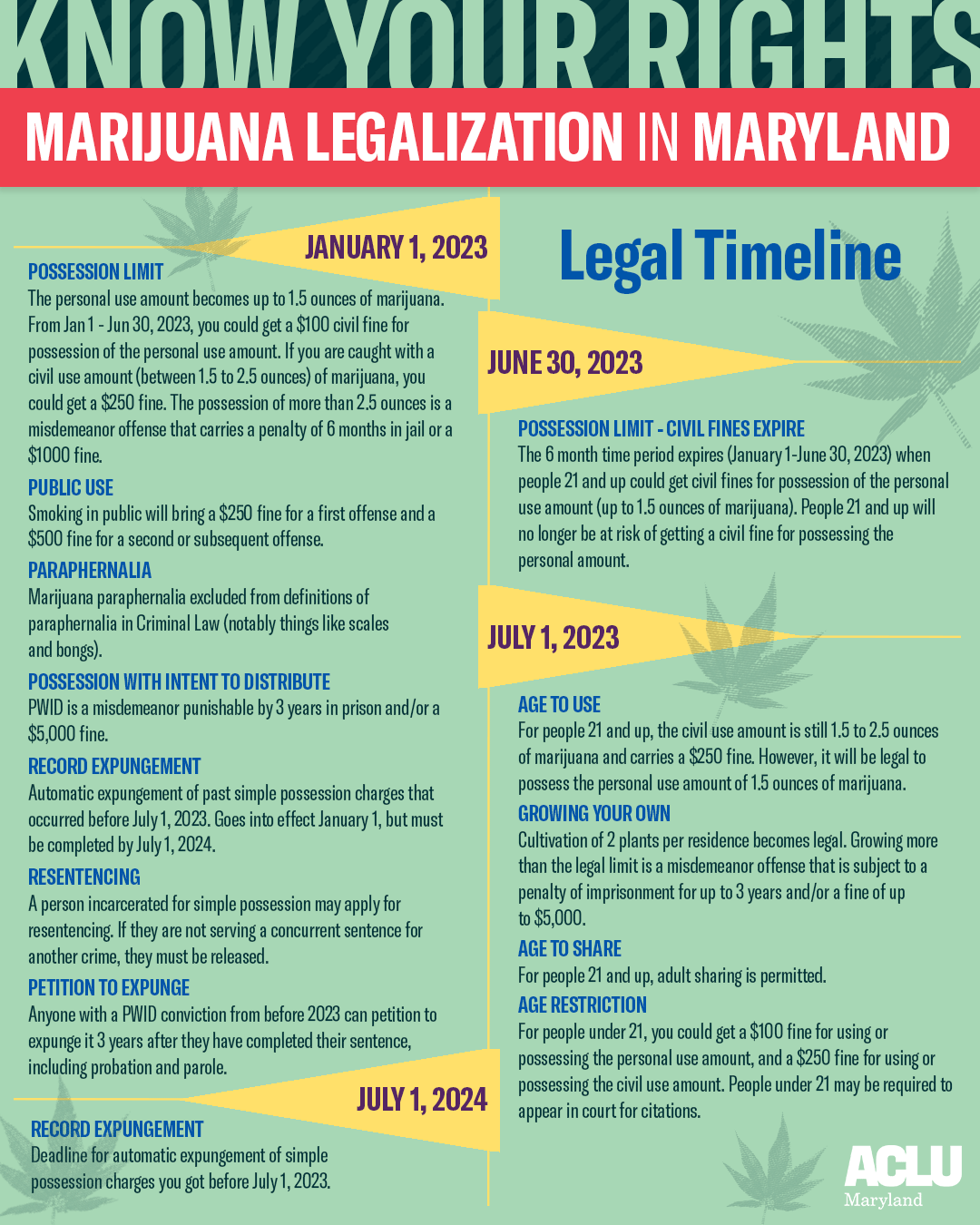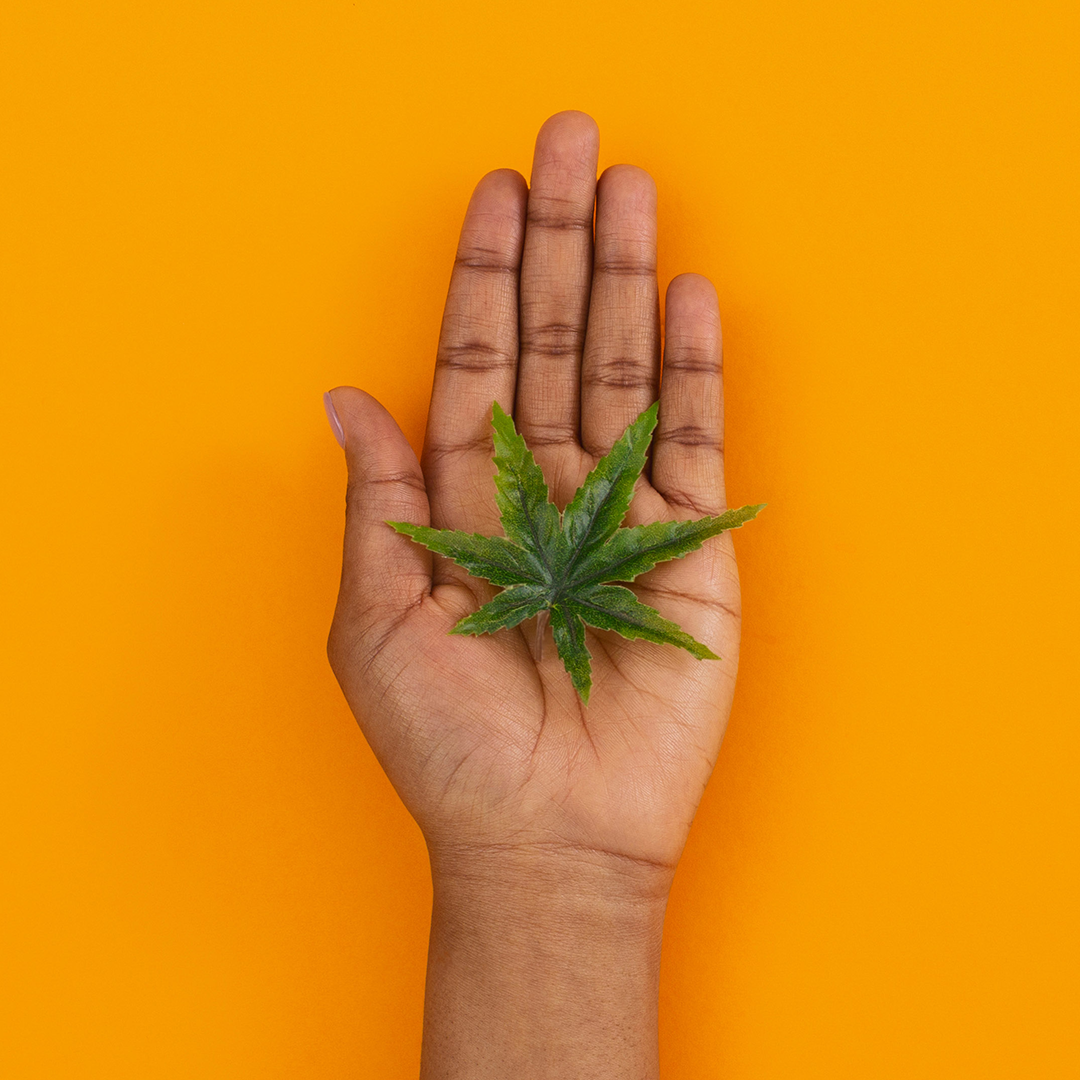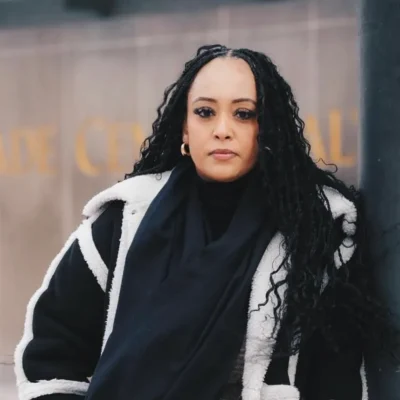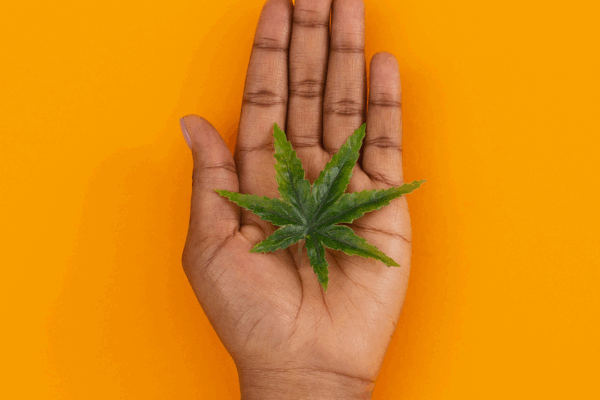What do you need to know now that it seems clear legal recreational marijuana is coming to Maryland?
It’s so important to know your rights, especially around this next phase of marijuana laws. So, what’s happening, when is it happening, and what does it mean?
The new marijuana law, passed in the 2022 Maryland General Assembly and strongly supported by voters this week, will reduce the waiting period to expunge a possession with intent to distribute marijuana conviction from fifteen years to three years after the satisfactory completion of the sentence(s) imposed, including parole, probation, or mandatory supervision. The waiting period to expunge a possession of marijuana conviction is reduced to after the satisfactory completion of the sentence, including probation rather than four years, and the automatic expungement of records for simple possession of marijuana issued will be enforced. Marylanders will also be allowed to grow up to two marijuana plants per household. And the allowed personal amount will increase from 10 grams to 1.5 ounces.
Importantly, the new marijuana law authorizes a Community Reinvestment and Repair Fund, to bring resources back to the communities most impacted by racist marijuana enforcement once the industry is established and tax dollars start flowing. Establishing this fund was a key priority of the ACLU of Maryland and our partner Leaders of a Beautiful Struggle, with the support of the national ACLU.
Take a look at the current timeline on marijuana legalization. (We won’t stop here.)

(Timeline designed by Nicole McCann)
JANUARY 1, 2023
- Possession Limit: The personal use amount (legal possession limit) is now up to 1.5 ounces of marijuana. From January 1 - June 30, 2023, you can get a $100 civil fine for possession of the personal use amount. If you are caught with the civil use amount, between 1.5 to 2.5 ounces (the amount you can have over the personal use limit and not get a criminal charge), you could get a $250 fine. Possessing more than 2.5 ounces carries a misdemeanor conviction and 6 months in jail or a $1,000 fine.
- Public Use: Smoking in public will bring a $250 fine for a first offense and a $500 fine for a second or subsequent offense.
- Paraphernalia: Marijuana paraphernalia (like scales, and bongs) is excluded from definitions of paraphernalia in Criminal Law.
- Possession with Intent to Distribute: PWID is a misdemeanor punishable by 3 years in prison and/or a $5,000 fine.
- Record Expungement: If you received a past, simple possession charge, or one that occurs before July 1, 2023, you will receive an automatic expungement. The Department of Public Safety and Corrections must complete expungements by July 1, 2024.
- Resentencing: A person incarcerated for simple possession can apply for resentencing. If you are not serving a concurrent sentence for another crime, you must be released.
- Petition to Expunge: Anyone with a PWID conviction from before 2023 can petition to expunge it 3 years after they have completed their sentence, including probation and parole.
JUNE 30, 2023
- Possession Limit – Civil Fines Expire: The 6 month time period expires (January 1-June 30, 2023) when people 21 and up could get civil fines for possession of the personal use amount (up to 1.5 ounces of marijuana). People 21 and up will no longer be at risk of getting a civil fine for possessing the personal amount.
JULY 1, 2023
- Age to Use: For people 21 and up, the civil use amount is still 1.5 to 2.5 ounces of marijuana and carries a $250 fine. However, it will be legal to possess the personal use amount of 1.5 ounces of marijuana.
- Growing Your Own: Cultivation of 2 plants per residence becomes legal. Growing more than the legal limit is a misdemeanor offense that is subject to a penalty of imprisonment for up to 3 years and/or a fine of up to $5,000.
- Age to Share: For people 21 and up, adult sharing is permitted.
- Age Restriction: For people under 21, you could get a $100 fine for using or possessing the personal use amount, and a $250 fine for using or possessing the civil use amount. People under 21 may be required to appear in court for citations.
JULY 1, 2024
- Record Expungement: Deadline for automatic expungement of simple possession charges issued before July 1 2023.
Why is marijuana legalization that includes reparations and redress so important? Research shows that Black drivers are searched at disproportionately higher rates than white drivers in Maryland, even though the data shows that Black people are less likely to be found with illicit drugs and other contraband. In 2018, Black people were 2.41 times more likely to be arrested for marijuana possession than white people. According to "A Tale of Two Countries," a 2020 ACLU research report, even though Black people only represent 60 percent of Baltimore City’s population, between 2018-2019, 96 percent of all marijuana possession charges were filed against Black people in the city.
It’s clear that Black people have faced the brunt of the dangerous ‘war on drugs’ for decades. That’s why marijuana decriminalization and legalization is NOT enough.
These decades of stopping, searching, arresting, and jailing Black people for marijuana related offenses ruined lives, destroyed economic opportunities, and separated families. Now, tax dollars raised through the legal marijuana market must be reinvested in the Black communities that have been most harmed and we must eliminate criminal penalties and limit unnecessary police interactions due to marijuana.
NEXT UP: The ACLU of Maryland and our partners will be back in Annapolis for the 2023 General Assembly session to advocate for two more changes: 1) end criminal penalties for marijuana possession above the civil use amount and for possession with intent to distribute; and 2) prohibit police from using the odor of marijuana as a basis to stop individuals and perform a warrantless search of a vehicle. These racial justice reforms are necessary to help ensure that Black people don’t continue to face the brunt of the consequences of being disproportionately stopped and given with marijuana related charges.





